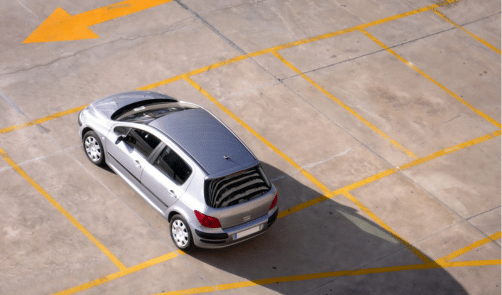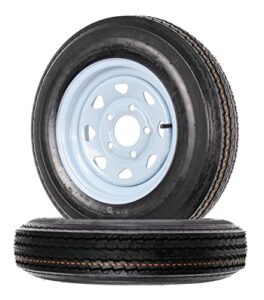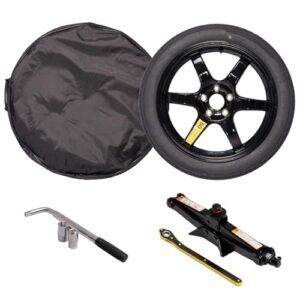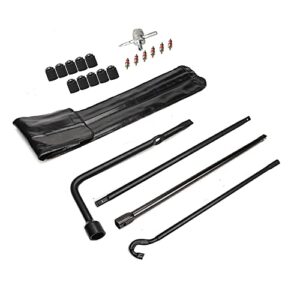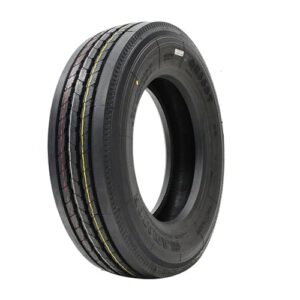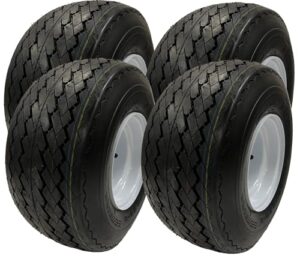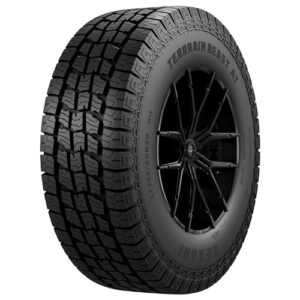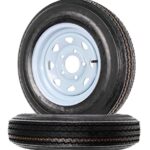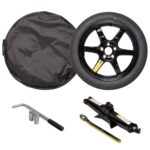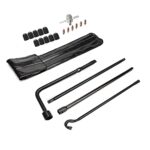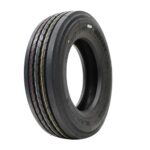Understanding the Time-Tested Method of Monitoring Parked Vehicles
Parking enforcement is an essential aspect of urban management, ensuring that the limited space available for parking is used efficiently and by local laws. One traditional method that has stood the test of time in the realm of parking enforcement is the practice of tire chalking. But what exactly is tire chalking, and why has it been used by parking attendants for decades? Let’s explore this interesting enforcement technique in detail.
What is Tire Chalking?
Tire chalking is a method used by parking enforcement officers to mark parked vehicles’ tires with chalk to keep track of how long they have been parked in a particular spot. This practice is most commonly used in areas with time-limited parking, such as two-hour parking zones.
Reasons Behind Tire Chalking
The primary reasons parking enforcement chalk tires are:
- Time Monitoring: Chalking provides a clear and visible indicator to help enforcement officers monitor parking duration without the need for technological devices or extensive record-keeping.
- Cost-Effectiveness: Compared to parking meters or electronic monitoring systems, tire chalking is a low-cost option that requires minimal investment in equipment.
- Preventive Measure: The presence of chalk marks can deter drivers from overstaying the parking time limit, reducing the likelihood of congestion and illegal parking.
How Does Tire Chalking Work?
| Step | Description |
|---|---|
| Step 1: | The enforcement officer marks the tire of a parked vehicle with chalk, often noting the time of day. |
| Step 2: | The officer returns after the set time limit (e.g., two hours) has passed. |
| Step 3: | If the chalk mark is in the same position, it indicates the vehicle has not moved, suggesting a violation of parking time limits. |
| Step 4: | The officer then issues a parking citation based on the observed infraction. |
Debate Around the Legality of Tire Chalking
In recent years, there has been much debate around the legality and ethics of tire chalking. Some argue that it constitutes an invasion of privacy or even an unreasonable search under the Fourth Amendment. Court rulings on this issue have been varied, with some jurisdictions upholding the practice and others limiting its use.
Alternatives to Tire Chalking
As technology advances, there are alternatives to tire chalking that are being employed:
- Digital parking meters with integrated timers and payment systems.
- Mobile apps that allow users to pay for parking and track their time remotely.
- License plate recognition software used by parking enforcement to monitor how long vehicles remain parked.
The Future of Parking Enforcement
While tire chalking has been an effective and cost-efficient method for parking enforcement, the push towards digital solutions is inevitable. Whether through the development of new technology or legal challenges, the future of parking enforcement is likely to look very different from the chalk marks we’ve grown accustomed to.
Frequently Asked Questions
What Is The Purpose Of Chalking Tires?
Parking enforcement chalk tires to mark the time a vehicle is first observed, allowing officers to track how long it remains parked in a timed zone.
Is Tire Chalking Legal Everywhere?
Tire chalking legality varies by jurisdiction, with some courts ruling it unconstitutional and others permitting the practice as part of parking enforcement.
How Does Chalking Help In Parking Control?
Chalking tires aids in enforcing parking time limits, ensuring turnover and preventing vehicles from overstaying in designated parking spaces.


